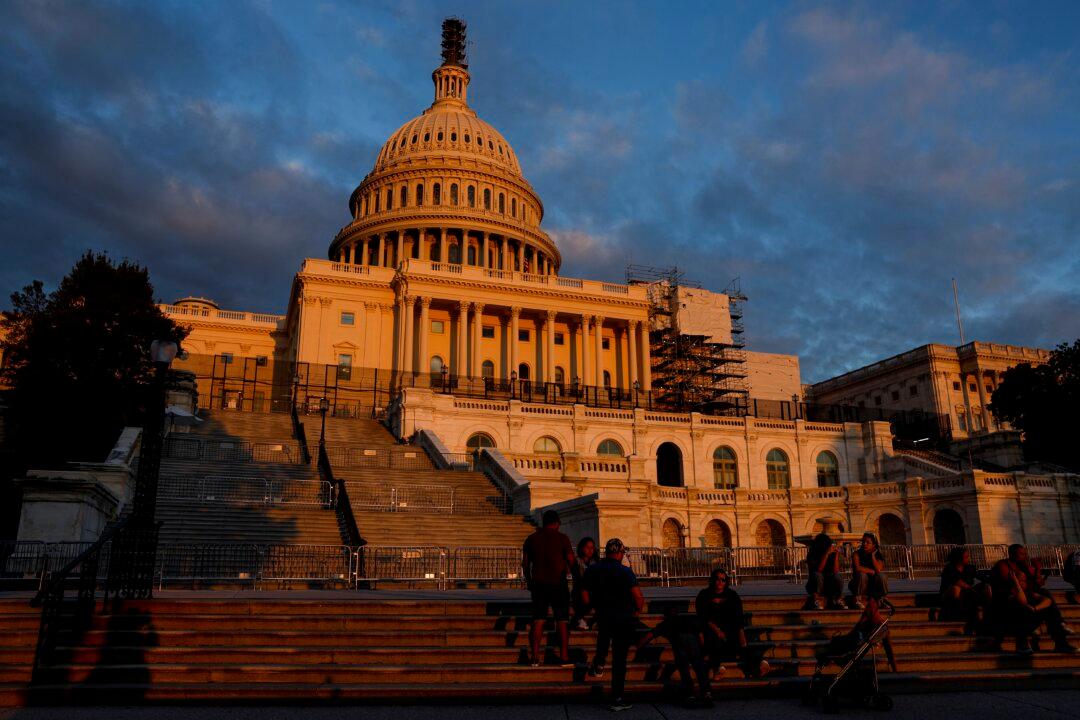Legislation aimed at preventing future government shutdowns was rejected by the U.S. Senate on Oct. 25 as the chamber marched forward with consideration of an appropriations “minibus.”
The “Prevent Government Shutdowns Act” sought to provide for the automatic extension of government funding for 14 days—and additional 14-day periods, where necessary—in the event that Congress does not pass a budget on time.





